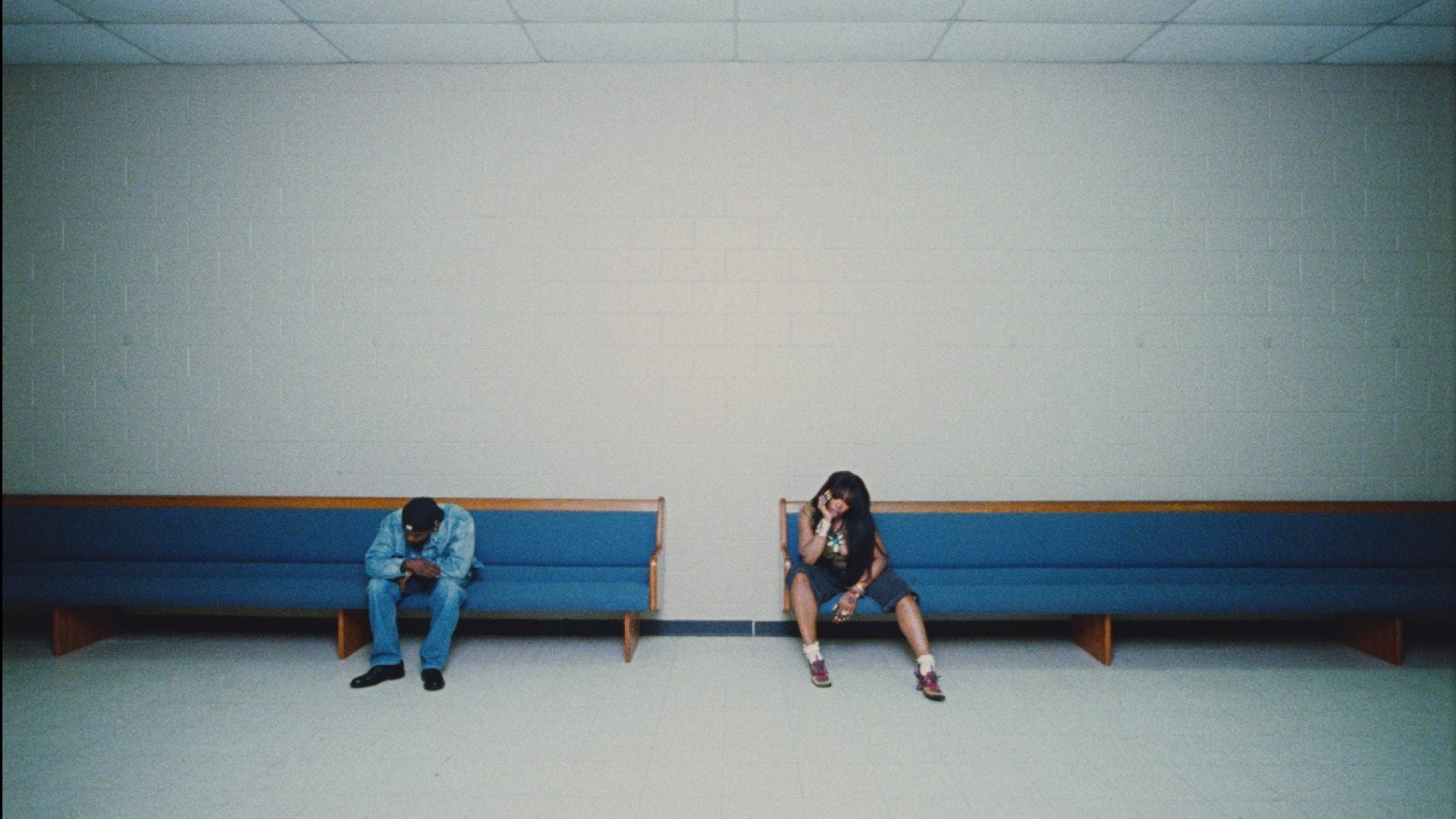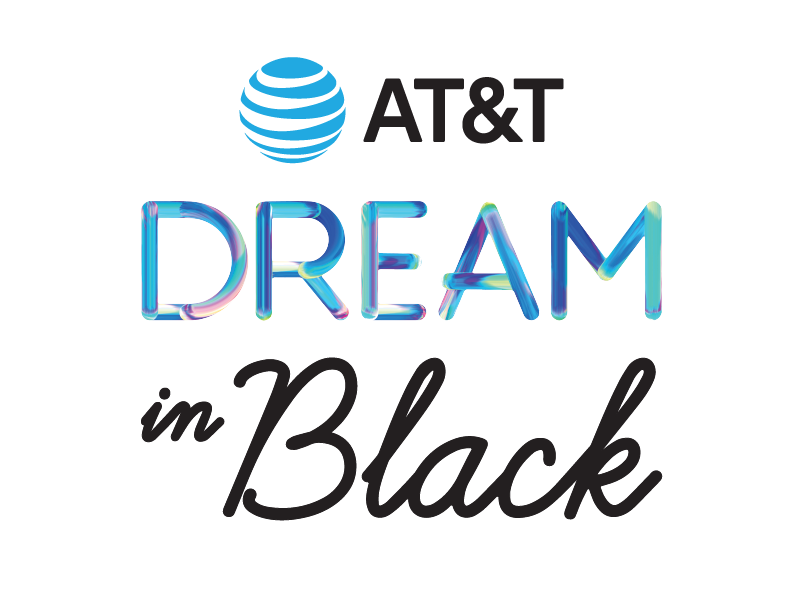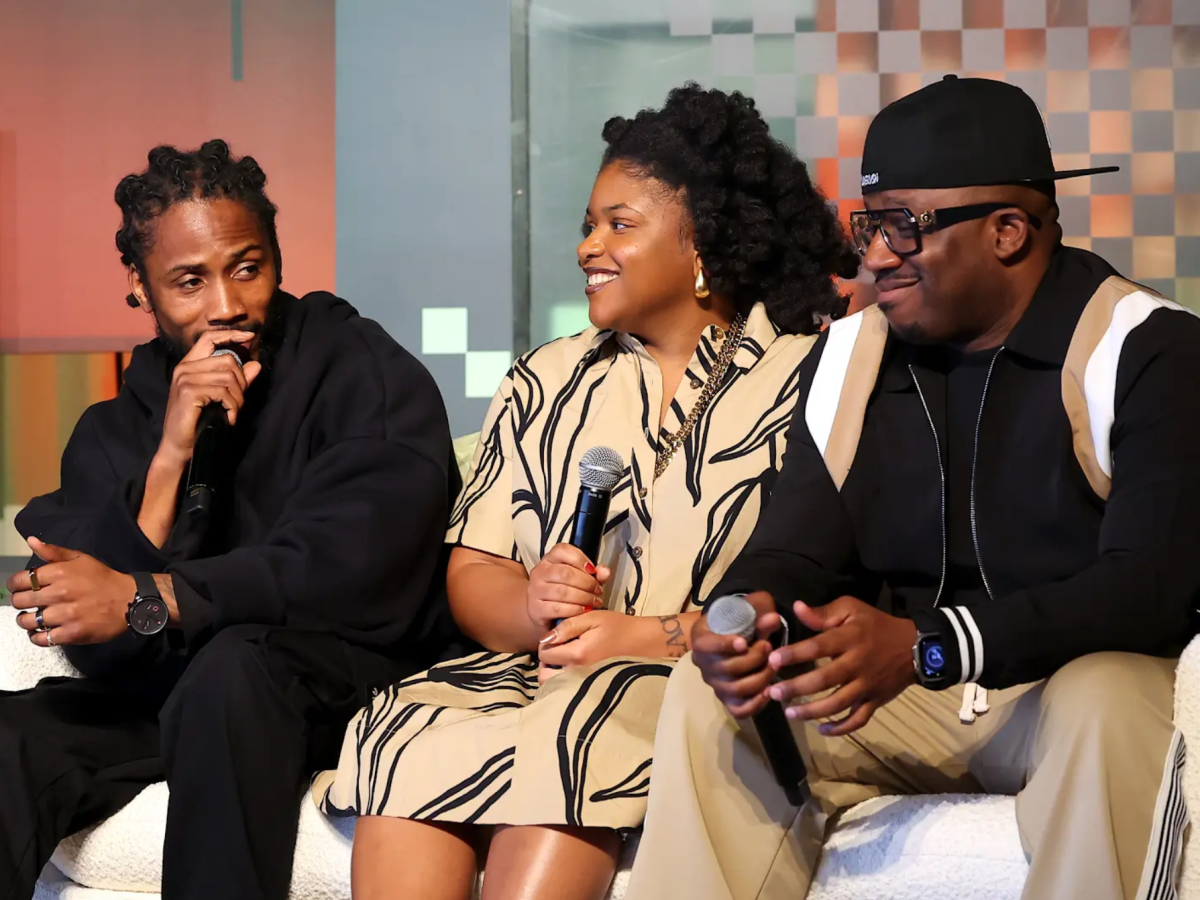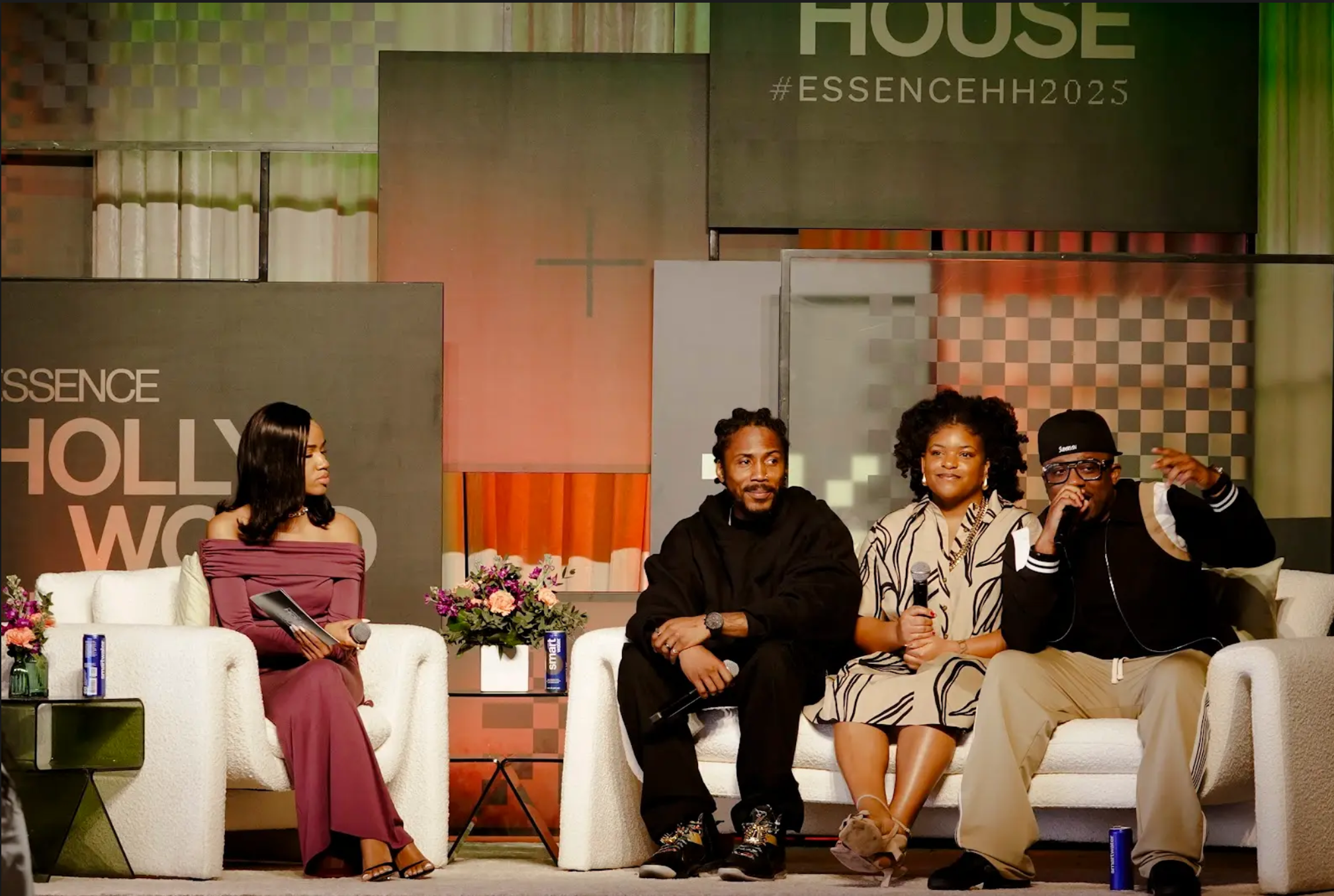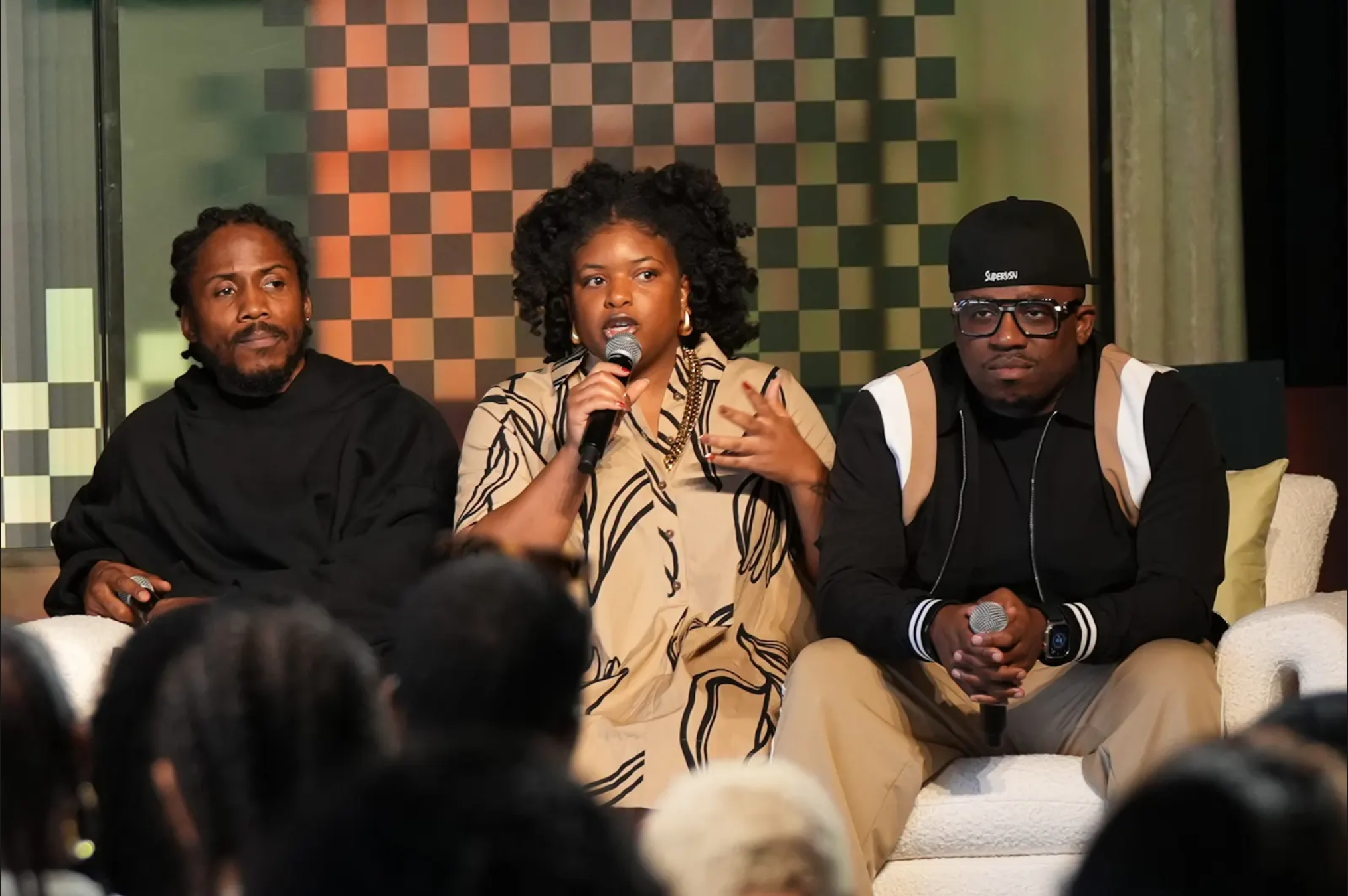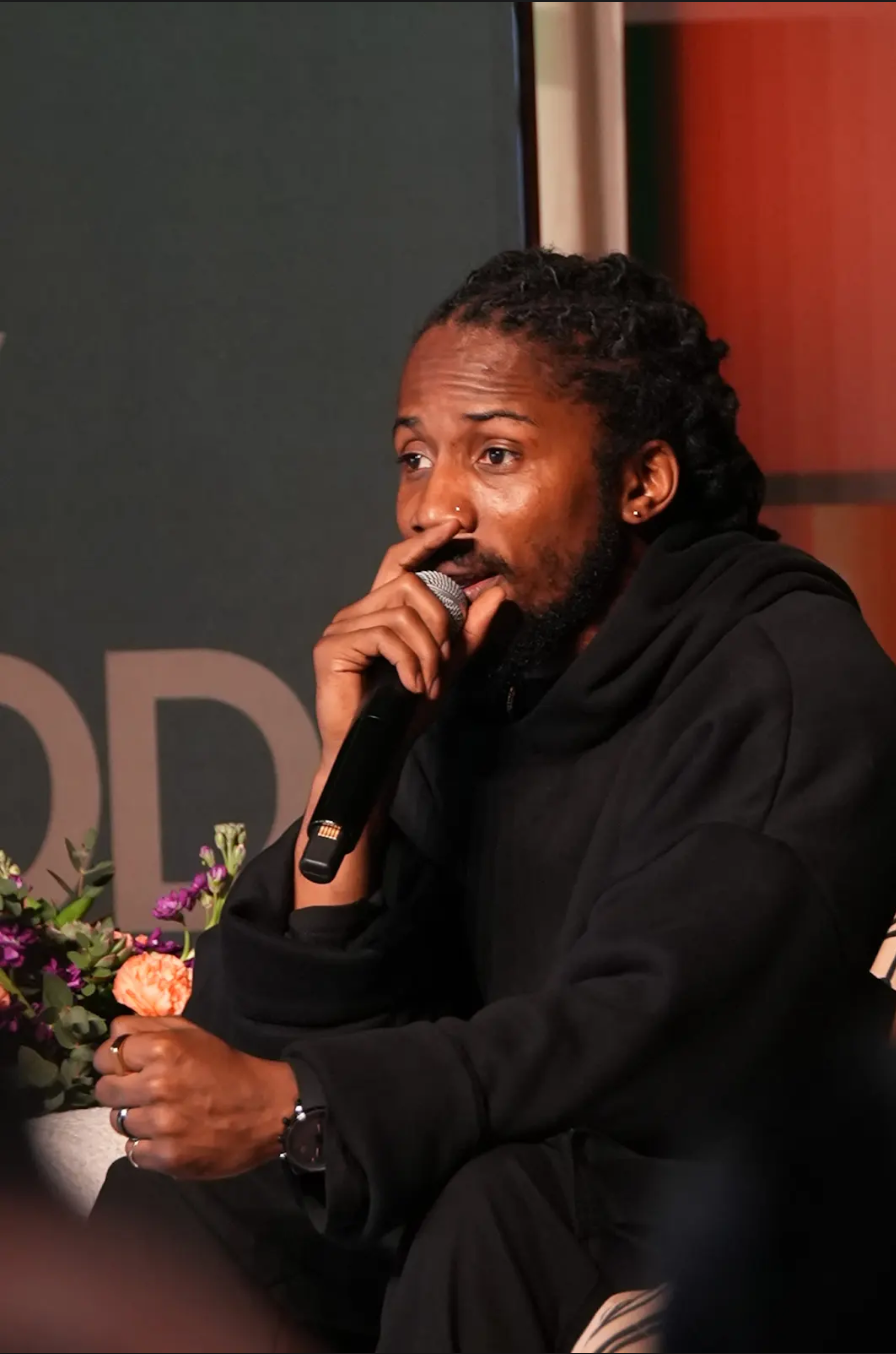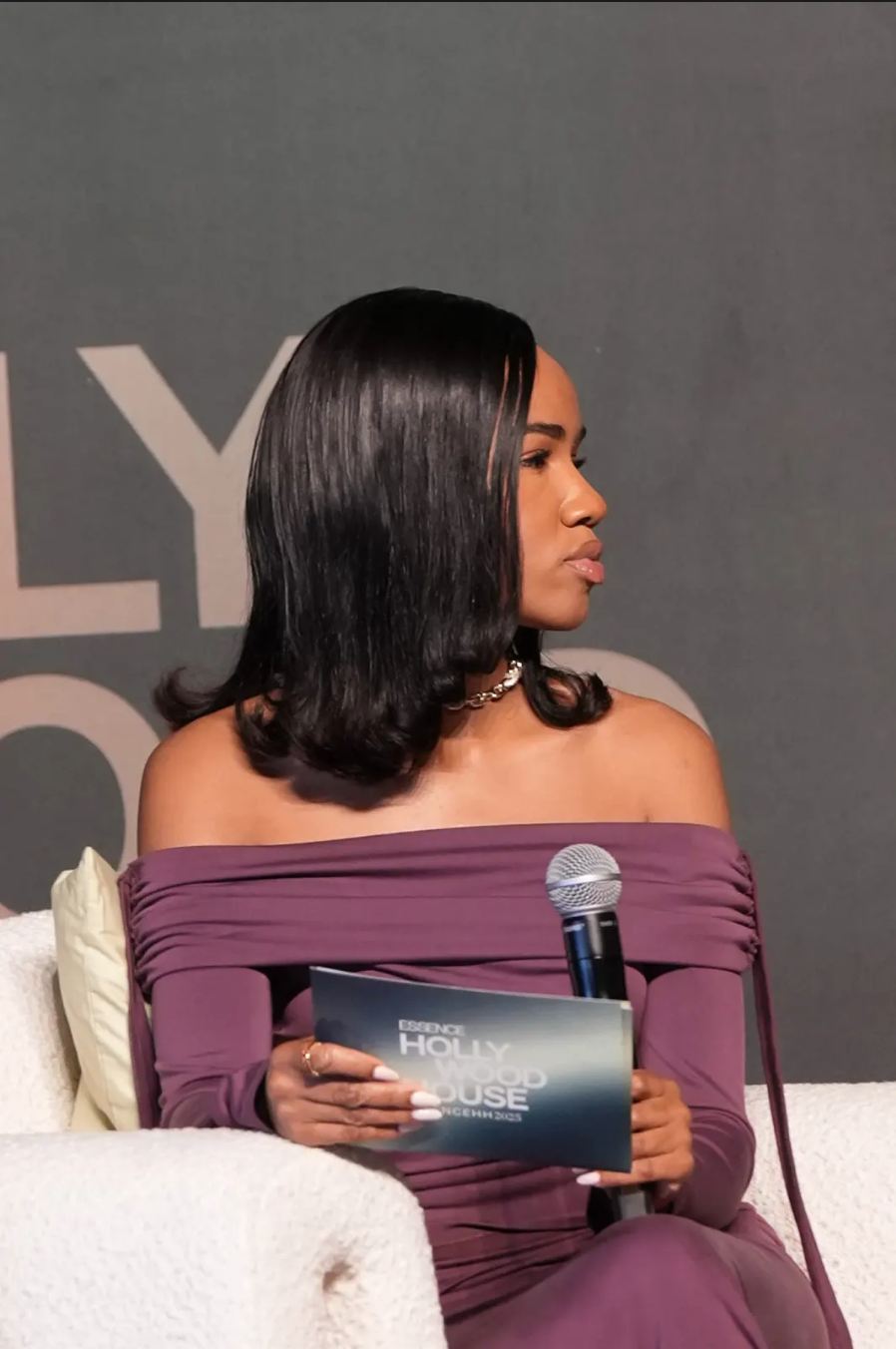This article originally appeared on Real Simple.
How did you start on this career path?
All through college, at the University of Chicago, I was supervisor of the school’s telefund. Running a roomful of college kids who were harassing everyone for money on the phone informed what I’m doing today, 100 percent.
And it led to your next gig, at Chicago’s Steppenwolf Theatre Company.
Yes. Steppenwolf called the school looking for someone to run their telefund, and the school recommended me. I was 21.
Subscribe to our daily newsletter for the latest in hair, beauty, style and celebrity news.
What did you learn there?
I learned how to manage people, fundraise, and set and hit goals. It showed me that if you’re paying attention and learning from whatever circumstance you’re in, you are always going to move forward.
You seem like someone who makes others feel comfortable.
Some people might be surprised that I’m good at my job because I’m so informal and silly. If we’re going to have to do business anyway, we might as well enjoy each other.
Before the National Book Foundation, you worked at a children’s theater, at the Tribeca Film Institute, and then at a magazine.
While it may seem like there’s no throughline in what I’ve done, I’ve worked at nonprofits over and over.
Your choices have been passion-driven. Tell us about going to Guernica, the nonprofit art and politics magazine.
I always knew I wanted to run an organization. I thought, I’m going to take this job at Guernica, where I get to do this, even if it isn’t for money for a while, because I get to learn how to do it. I was 32, and it wasn’t easy to jump into the publishing business. I worked as a nominally paid volunteer for almost two years before I went on full-time as publisher.
Have you always been so fearless?
I’ve always had a big appetite for doing things—not necessarily for success or money. I’ve just always wanted to make an impact. And I’ve never been scared to take on a challenge when it’s related to that. I had zero hesitation taking the executive director job [at the National Book Foundation].
What does your job entail?
I raise the money that keeps the nonprofit organization going. I have a board of directors who support that tremendously. We don’t have a $10 billion endowment that enables us to have fancy parties and give away free books. We have to raise [our budget] every year.
What else?
I get to say, “OK, how can we do more? How can we think of new ways to reach readers? How can we build programs that help more young people get free books? How do we support libraries across the United States?” I also pick the judges for the National Book Awards.
What’s your management style?
It’s important to me to lead in a way that makes the staff feel safe. As a leader, it’s really easy to be a jerk. People give me credit all the time for things other people in my office have done. Sometimes it’s logistically hard to send that credit back to them. But an important part of working with a team is making sure people know I did not do this by myself.
How have you changed and developed as a leader?
When I was younger, I was really headstrong. I was impatient and thought I was right all the time. Eventually you learn, just from being wrong, that you don’t have to be right all the time. You learn that making a long-lasting impact is not about bulldozing. It’s about being thoughtful, being strategic, having a team, and taking care to figure out how to work together toward a vision.
Parting thoughts?
I’m really glad I didn’t let anybody sidetrack me from getting to where I wanted, the way I wanted. Every other instinct would have told me not to follow this path. There was more money and more stability to be had doing other things. But if you actually do what you believe in and what feels really right, you end up where you’re supposed to be.


